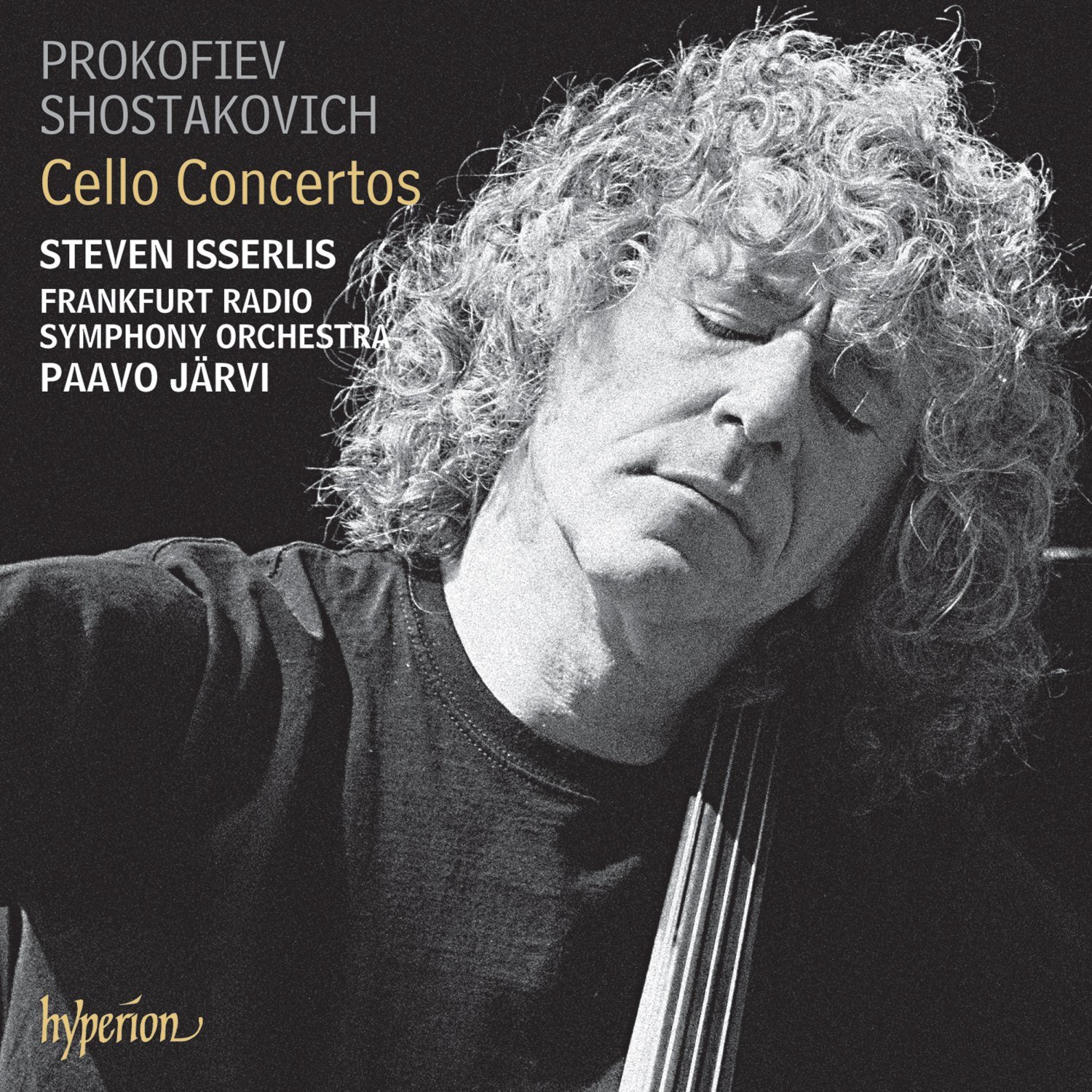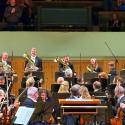
Mervyn Cooke’s sleeve note for this disc, the first in Sir Andrew Davis’s Charles Ives cycle, sensibly punctures the main myth surrounding this most fascinating of composers. That he was insurance man by day, avant-garde pioneer by night isn’t quite the truth. Spend some time listening to Ives’s sprawling, ear-stretching 4th Symphony and you’ll begin to wonder whether he knew what he was doing. He did, of course, and a few enjoyable hours spent in the company of these two symphonies demonstrate that Ives was, in Cooke’s words, “a highly trained conventional composer, well-poised for a conventional musical career.”
The flashes of rebellious unconventionality give both works their character. Symphony no 1 was Ives’s Yale graduation piece, written under the guidance of the brusque, domineering Horatio Parker. Ives appreciated Parker’s rigour, though later stated that he’d learned more about music from his untrained father. Parker wasn’t happy with the first movement’s harmonic quirkiness, though a compromise was reached whereby Ives agreed to begin and finish in the same key. Brahms and Dvořák are the most audible influences (the slow movement features a very Dvořákian cor anglais solo), though the cheekiness and energy are typical of Ives. It rambles a bit, but the tunes are memorable and the orchestration is polished. There’s also a pleasingly brassy coda, which looks forward to a similar moment in the follow up.
Symphony no 2 was completed shortly afterwards, but lay unheard until Leonard Bernstein gave the premiere in 1951. Ives didn’t approve of Bernstein’s approach, disliking slight cuts in the last movement and the extended dissonant chord at the finale’s close. You suspect that he’d have given his blessing to Sir Andrew Davis’s more respectful performance, one which takes fewer liberties. The snatches of popular song which give the symphony its character are seamlessly integrated into the whole, and it sounds better behaved and more European as a result. The Melbourne Symphony Orchestra’s playing is sumptuous, and Chandos’s sound is spectacular, but a touch more wildness wouldn’t have gone amiss. The last movement’s coda should sound raucous and unhinged; here it’s a little too well behaved. And Bernstein’s stretching of the last note was a stroke of genius – Davis makes it sound like an unintended error. I’m nitpicking though; there’s plenty to enjoy here, particularly a radiant slow movement. Both symphonies deserve to be heard far more often, and anyone curious about Ives should start here.

Wonderful stuff – an exciting, breezy recording of everyone’s favourite concerto for two pianos, coupled with three lesser-known pieces you’ll be pleased to make the acquaintance of. The most significant of the rarities is a Concerto for Two Pianos written in 1943 by Martinů, who’d fled the Nazis in 1941 and pitched up in the US. The ideas come thick and fast, the rhythms are typically springy and the orchestral writing is luminous. The mercurial outer movements are thrilling, and sensationally played here by Lidija and Sanja Bizjak, flipping between percussive aggression and melting lyricism without breaking a sweat. Martinů’s extended, shimmering middle movement makes for a heartstopping centerpiece. The other concertante work is, unsurprisingly, Poulenc’s double concerto. Here, the Bizjak sisters highlight Poulenc’s debt to Stravinsky, not attempting to paper over the cracks between the work’s disparate elements. The opening gamelan flourish is stark and ritualistic, before a delicious accelerando leads into the Chaplinesque main theme. Nimble orchestral support from Radoslaw Szulc’s Stuttgart orchestra adds to the fun, and Onyx’s close sound lets us hear everything. The slow movement’s Mozart pastiche is gorgeous – frivolity and gravitas in perfect equilibrium
Stravinsky’s euphonious Sonata for two pianos receives a witty, taut performance, the central movement’s variation theme nicely deadpan. More immediately engaging is Shostakovich’s nifty Concertino, written in 1954 for the composer’s son Maxim. The jollier bits sound like a dry run for Shostakovich’s Piano Concerto no 2, though they’re framed by some deliciously dark, doomy music. A magnificently enjoyable disc.

Prokofiev began writing his Cello Concerto for the great Russian cellist Gregor Piatigorsky in the early 1930s. The work was completed after Prokofiev’s 1936 return to Moscow, meaning that Piatigorsky, as a Soviet refugee, was no longer able to give the premiere. Several unsuccessful performances led to the concerto falling into obscurity, until Prokofiev’s post-war decision to rewrite the piece for the young Rostropovich as his Op.125 Symphony-Concerto. Here, Steven Isserlis gives us the composer's first thoughts, and it’s hard to understand why such a dramatic, melodic and approachable work has been so neglected. It grips from the outset, the cello melody heard over a stabbing, ticking ostinato that couldn’t have been written by anyone else. Conductor Paavo Järvi rightly emphasises Prokofiev’s sinuous writing for lower strings and tuba. Things get better still in the central Scherzo, 11 hyperactive minutes sounding like a collection of the best bits of Prokofiev you’ve not yet heard. Isserlis’s gutsy, passionate playing defies belief, notably in the extended finale’s sequence of variations. The concerto’s uncompromising, violent close is devastating – fast major key music which leaves a defiantly bitter aftertaste.
As a coupling, Isserlis and Järvi give us Shostakovich’s taut, compact Cello Concerto no 1. Prokofiev’s concerto is epic and darkly romantic; this one is pithy and ironic. This performance is up with the best; Isserlis’s warm, sonorous tone a real asset in the slow movement and extended cadenza. The Allegro con moto’s riotous close is both witty and disturbing. Isserlis throws in a delicious encore as a palate-cleanser: Piatigorsky’s solo cello arrangement of a short march from Prokofiev’s piano suite Music for Children. Hyperion's engineering is impeccable. Only the cover photo disappoints; a greyish portrait of a sleepy-looking Isserlis contrasts with the dynamism of his playing.














Add comment